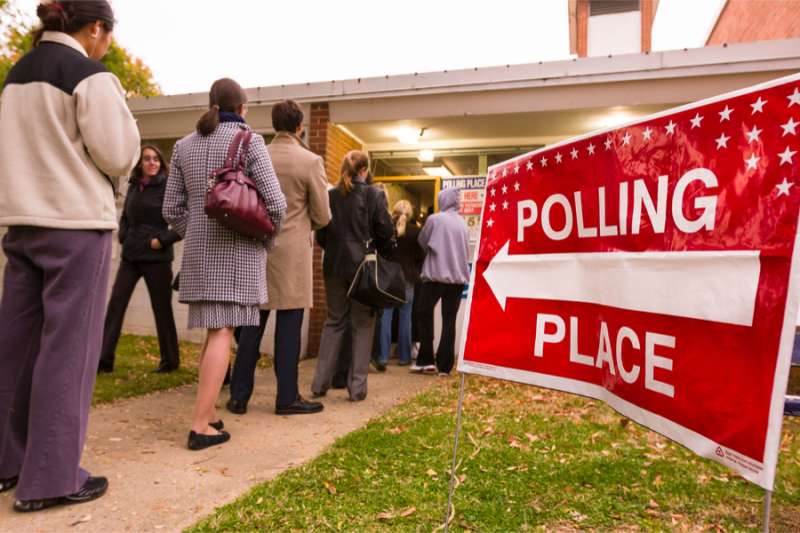On Tuesday Nov. 6, Florida voted overwhelmingly to amend the state constitution to return the right to vote to convicted felons who had served their sentence. Amendment 4 appeared on the midterm ballot across the state and its passage will restore voting rights to 1.5 million people.
The measure applies to felons who have completed their sentences, but does not include those convicted of murder or felony sex offenses. With the adoption of Amendment 4, Florida becomes the 47th state to restore voting rights to felons who have paid their debt to society.
The Florida Conference of Catholic Bishops was “pleased” with the passage of Amendment 4, a spokesperson told CNA on Thursday.
“The people of Florida have rightly recognized that, while our criminal justice system holds offenders accountable for their actions, inmates reentering society should be allowed the opportunity to participate more fully in their communities,” said the FCCB in a statement provided to CNA.
“Helping people become engaged citizens after incarceration decreases recidivism and creates safer communities for all.”
Florida has seven Catholic dioceses: Orlando, Palm Beach, Pensacola-Tallahassee, St. Augustine, St. Petersburg, Venice, and the Archdiocese of Miami.
Prior to Election Day, the bishops of Florida issued statements on several ballot initiatives, including Amendment 4. The FCCB urged the faithful in Florida to vote in favor of the amendment.
“Crime and violence that threaten the lives and dignity of Floridians cannot be tolerated; yet society may not give up on those who have lost their way,” said the FCCB in a voter guide released two weeks prior to Election Day.
“The Criminal Justice system holds offenders accountable for their actions; however, punishment must include a constructive and redemptive purpose. As nearly all inmates will return to society, their reintegration must be encouraged.”
And while the bishops acknowledged that it may not be “ideal” to have to amend the state’s constitution to restore voting rights to felons, “it seems to be the only practical way to achieve this policy goal outside of pursuing an uncertain path in the courts.”
The voting rights of felons varies from state to state. Of those that permit convicted felons to vote, 20 restore voting rights upon completion of probation, and 14 restore voting rights upon release from prison.
Two states, Maine and Vermont, allow felons to vote while incarcerated via an absentee ballot.

